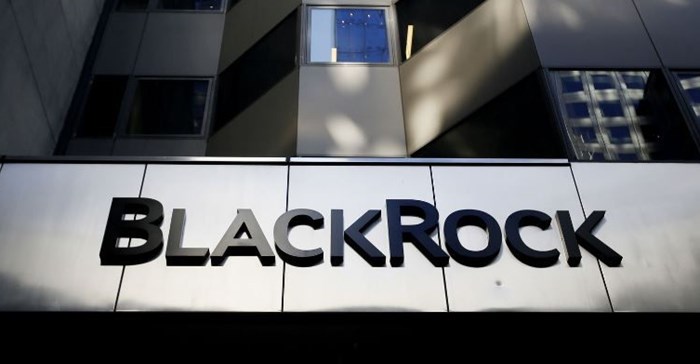While headlines may have screamed revolution since Bitcoin and the blockchain burst into public consciousness, a mixture of distrust and fear has seen the mainstream investor remain unmoved and largely disinterested.

Source: Investopedia.
However, to say the winds of change are upon us is an understatement. A federal appeals court in Washington DC ruled 29 August that the Securities and Exchange Commission (SEC) in the US was wrong to deny asset management firm Grayscale the right to set up a Bitcoin exchange traded fund (ETF).
If that’s not enough, the world's largest asset manager, BlackRock which manages $10tn and whose actions can move markets, has filed for an iShares ETF that would own Bitcoin directly.
It is often said that an entity with so much trust as BlackRock doesn’t make a move like this unless it has good reason to believe it will benefit its investors and be safe for investment, says Connie Bloem, managing director of Mesh.trade, an end-to-end multi-sided financial markets platform powered by the blockchain, that facilitates the creation, management and trade of real-world assets such as stocks and bonds.
As would be expected, Bitcoin’s price shot up 6% almost immediately and at the same time, shares of Coinbase were up 13%.
Grayscale’s spokesperson Jennifer Rosenthal was quoted as saying after Grayscale’s court victory: “This is a monumental step forward for American investors, the bitcoin ecosystem, and all those who have been advocating for bitcoin exposure through the added protections of the ETF wrapper.”
An exchange traded fund (ETF) is an investment vehicle that tracks an index, sector, commodity, or asset. Mainstream investors have a variety of ETFs from which to choose, but the SEC and other regulatory bodies have repeatedly rejected any attempt by organisations to list a cryptocurrency-based ETF.
Capital market transformation
“The implications span far wider than just Bitcoin and Grayscale or BlackRock,” says Bloem. “This moment heralds a mainstream acceptance of the blockchain and digital financial instruments.
“However, this is not just about Bitcoin ETFs and investing in cryptocurrencies, this moment is also a marker for imminent change in the capital markets for more assets to be traded easier and with greater transparency.”
Bloem explains that the capital markets have grown into a complex and complicated web of markets, intermediaries and exchanges that have become a nearly impenetrable universe of key players, underpinned by complex and costly processes.
Promit Mukherjee 23 Aug 2022 “The reason this moment is exciting for us at Mesh is because we believe that the use of blockchain technology and the utility of tokens provides a set of tools to significantly address weaknesses and waste in the legacy ecosystem,” she says.
It is not about creating more cryptocurrencies, but rather to create digital processes that are easier, cheaper, and more transparent.
Decentralised finance revolution
“The future of finance is firmly migrating to the rails of decentralised technologies and the blockchain, which can deliver trust and efficiency to the market. This journey has just begun, and the latest events suggest it is about to speed up quickly, and we are excited to be playing a pivotal role in this,” she says.
On that pivotal role, Bloem explains that Mesh.trade’s ability to tokenise and distribute debt instruments such as corporate bonds has the potential to emancipate private capital in a way that wasn’t possible before.
Recent reports by McKinsey and BCG estimate that the market for the tokenisation of capital and real-world assets (RWA), will be between $15 and $20tn by 2030.
Some of the world’s largest global banks are rolling out products which tokenise RWA. At the same time, 114 of the world’s central banks are actively trialing or at an advanced stage in rolling out their Central Bank Digital Currency projects, with the International Monetary Fund (IMF) recently announcing an initiative to get central banks to agree on a common regulatory framework for digital currencies that will allow global interoperability.
“This movement is inevitable,” says Bloem. “One of Mesh’s key differentiators is the tokenisation and trade of all asset classes. This represents a step-change in the issuance, distribution, transfer and settlement of assets between market participants. Mesh is the first platform to create the next generation of markets end-to-end,” she says.






































